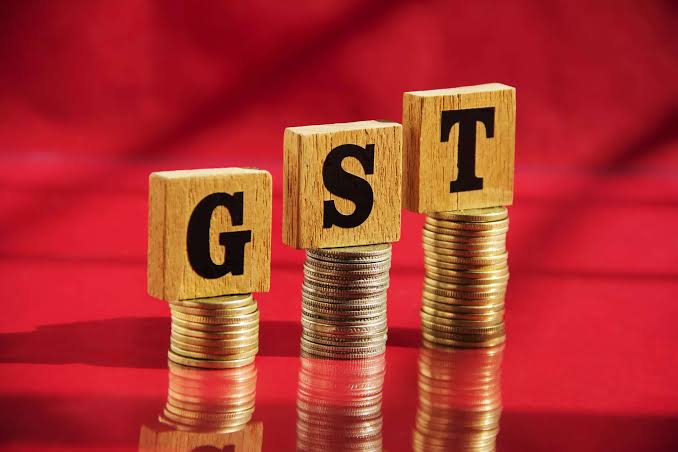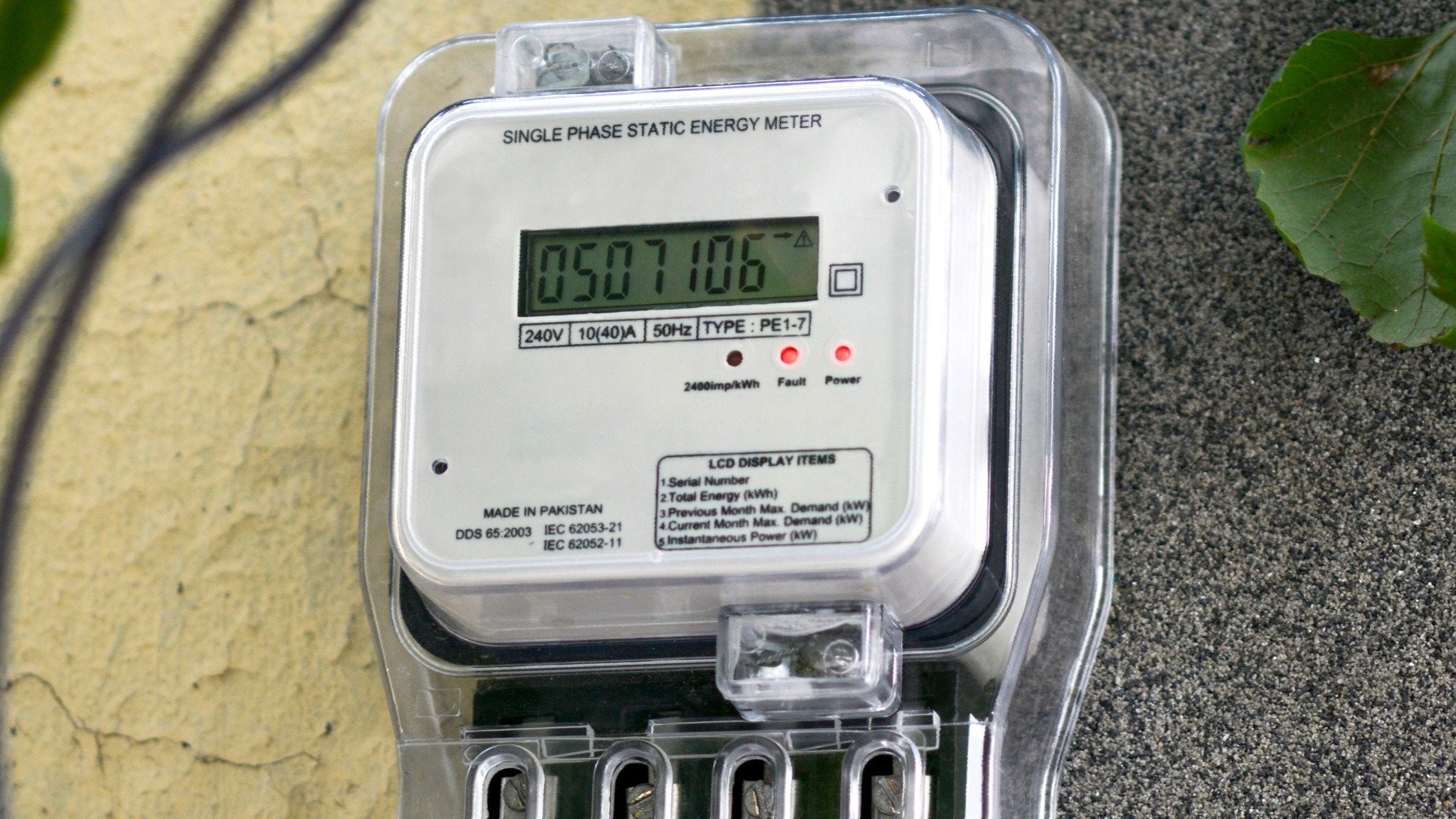Odisha Proposes Amendments to GST Act for Greater Clarity and Compliance

Key changes aim to reduce ambiguity, simplify return filing, and curb tax evasion in high-risk sectors
Bhubaneswar: The Odisha government has proposed amendments to the Odisha Goods and Services Tax (OGST) Act, 2017 with the objective of simplifying provisions, reducing ambiguity, and strengthening compliance mechanisms. The amendments are expected to benefit both taxpayers and tax authorities by providing greater clarity and operational ease.
One of the key changes seeks to resolve confusion in the interpretation of the terms “Plant and Machinery” and “Plant or Machinery” with regard to the eligibility of input tax credit (ITC). This clarification is expected to help businesses make more accurate tax filings and avoid disputes over ITC claims.
To enhance flexibility, the proposed amendments will also allow taxpayers more leeway in the filing of returns, thereby reducing procedural delays and encouraging voluntary compliance.
In a bid to combat tax evasion, the amendment proposes that suppliers issue credit notes in cases where the value of goods or services is reduced—such as sales returns or price revisions. Correspondingly, recipients of such credit notes will be required to reverse the Input Tax Credit they had availed in proportion to the reduction in value. This provision ensures that tax credits are not misused and reflect actual transactions.
Another major proposal includes the introduction of a track-and-trace system for high-risk sectors like pan masala, brick kilns, and sand mining—industries often flagged for revenue leakage. Violations of this provision could attract a penalty of ₹1 lakh or 10% of the tax payable, whichever is higher. This is expected to significantly deter tax evasion and enhance transparency in these sectors.
In terms of legal definitions, the terms “local fund” and “municipal fund” will be formally defined to bring clarity to their application under the law. This move is intended to remove interpretational uncertainties and strengthen the legal framework of the Act.
Additionally, the government plans to remove provisions related to the timing of supply for voucher-based transactions, acknowledging that such transactions do not constitute the supply of goods or services and should not be taxed as such.
On the procedural front, taxpayers intending to file appeals before the Appellate Authority or Tribunal in cases involving penalties (but not tax demand) will now be required to make a pre-deposit of 10% of the penalty amount. This change seeks to ensure a balance between the right to appeal and discouraging frivolous litigation.
Overall, the proposed amendments aim to streamline tax administration in Odisha, create a more taxpayer-friendly environment, and enhance revenue collection through improved compliance and enforcement. The changes also align the state’s tax laws with evolving business practices and policy needs.








